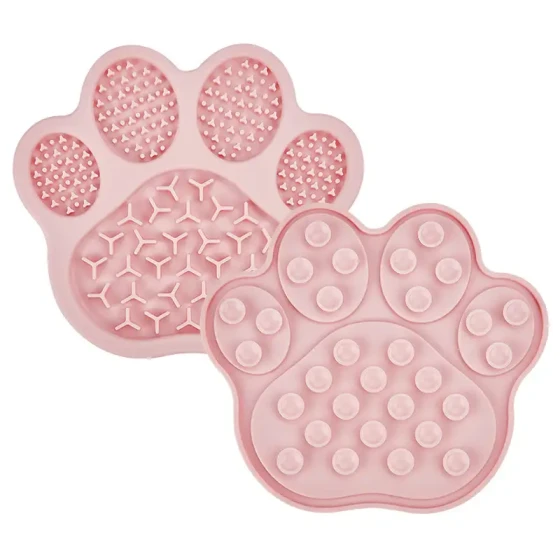Why Is My Teddy Pooping Blood? These Situations Need Attention
In the minds of many pet owners, raising a Teddy dog is not difficult, so most of the time owners can get along well with their Teddy. However, once the Teddy shows problems such as pooping blood, inexperienced owners do not know what to do. This is mainly because owners do not understand the reasons for blood in the Teddy's stool. Today, the editor will analyze in detail the causes of blood in the Teddy's stool so that owners will no longer be helpless.

When we find that the Teddy is pooping blood, the first thing to recall is whether we have fed the Teddy very hard bones. Because once the Teddy eats too sharp bones, the Teddy's intestines will be pierced by the bones, causing blood when pooping.
If there are no problems with feeding, then we need to combine other symptoms of the Teddy. For example, besides pooping blood, are there symptoms like vomiting or diarrhea? If the Teddy is lethargic and no longer interested in food, we can preliminarily judge that the Teddy is infected with parvovirus, because parvovirus infection easily causes symptoms such as pooping blood and vomiting.

When the Teddy has enteritis, it is also easy for the Teddy to have blood in the stool when pooping. Therefore, if we neither fed the Teddy hard bones nor determined that the Teddy was infected by a virus, we need to consider whether the Teddy has enteritis.
Besides the above three reasons, parasites in the Teddy’s body are also a cause of blood in the stool. Therefore, when we find the Teddy has related discomfort symptoms such as pooping blood, we need to promptly take the Teddy to the hospital for examination. Once it is confirmed that the blood in stool is caused by parasites, deworming treatment should be carried out in time.

From the above introduction, it is not difficult to find that no matter what causes the Teddy to poop blood, the problem is relatively serious. Therefore, as pet owners, we must respond timely and correctly. If we lack experience, we should actively seek help from veterinarians. Only in this way can we prevent the Teddy’s condition from worsening.




-560x560.webp)
